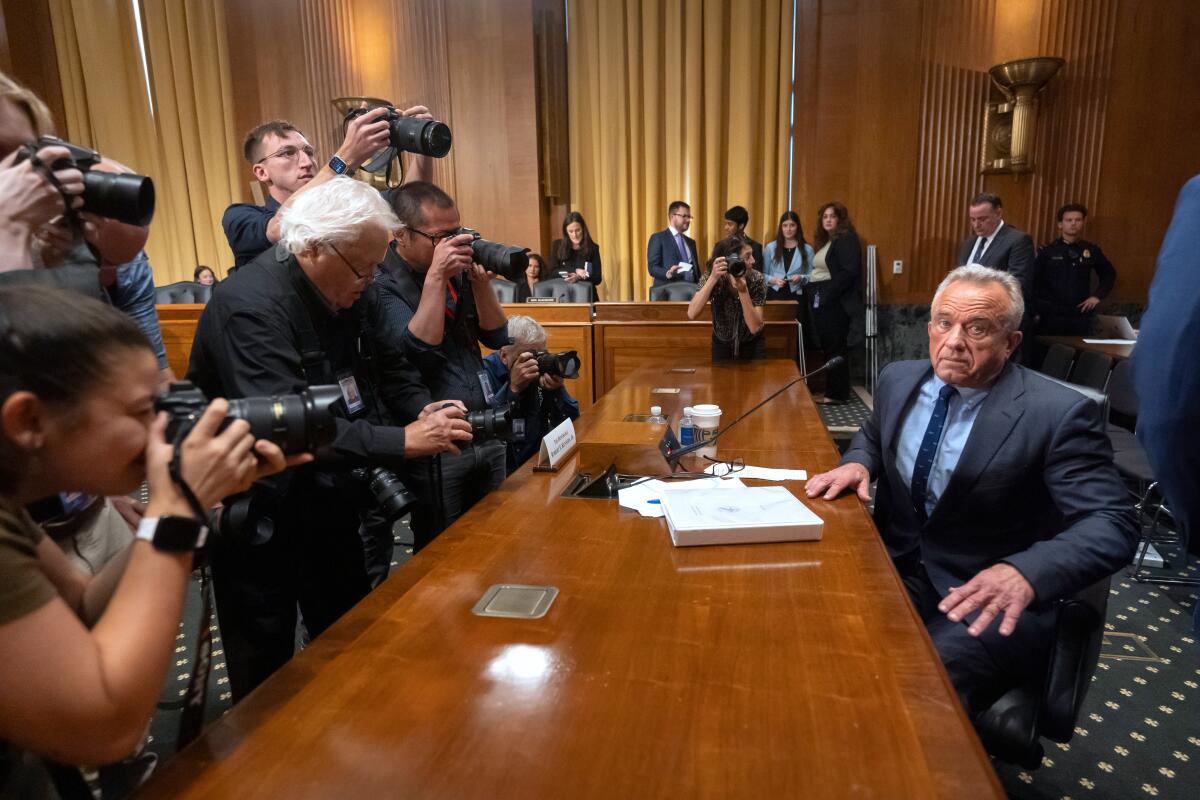Members of the Kennedy family have publicly called for Robert F. Kennedy Jr. to resign from his position as the Secretary of Health and Human Services. This demand follows a contentious congressional hearing where Kennedy faced intense bipartisan questioning regarding his leadership of federal health agencies.
During the three-hour Senate hearing, Kennedy defended his recent actions aimed at rolling back COVID-19 vaccine recommendations and terminating high-level officials at the Centers for Disease Control and Prevention (CDC). In response, his sister, Kerry Kennedy, and his nephew, Joseph P. Kennedy III, issued strong statements on October 6, 2023, condemning his approach to public health.
Joseph P. Kennedy III took to social media platform X to express his concerns, stating, “Robert F. Kennedy Jr. is a threat to the health and wellbeing of every American.” He emphasized the potential consequences of Kennedy’s actions, asserting, “None of us will be spared the pain he is inflicting.”
Kerry Kennedy echoed these sentiments, arguing that “medical decisions belong in the hands of trained and licensed professionals, not incompetent and misguided leadership.” These remarks come as part of a broader family dissatisfaction with Kennedy’s controversial positions, particularly his longstanding ties to the anti-vaccine movement.
This is not the first instance of familial discord surrounding Kennedy. Previously, several relatives opposed his presidential run in the last election cycle, and others had urged senators to reject his nomination to President Donald Trump‘s Cabinet due to his views on vaccines, which they deemed disqualifying.
Kennedy has spent the past seven months attempting to implement his anti-vaccine agenda within the highest echelons of America’s public health system. His efforts have led to significant changes across federal health agencies, including the implementation of new vaccine guidelines and the laying off of thousands of employees. Such moves have raised concerns among medical professionals and officials in various states, particularly those led by Democrats, prompting them to issue their own guidance on vaccines.
As these developments unfold, the impact of Kennedy’s leadership continues to resonate within both the public health community and the broader political landscape. The fallout from his controversial decisions raises questions about the future direction of health policy in the United States, particularly in the context of ongoing public health challenges.





































































